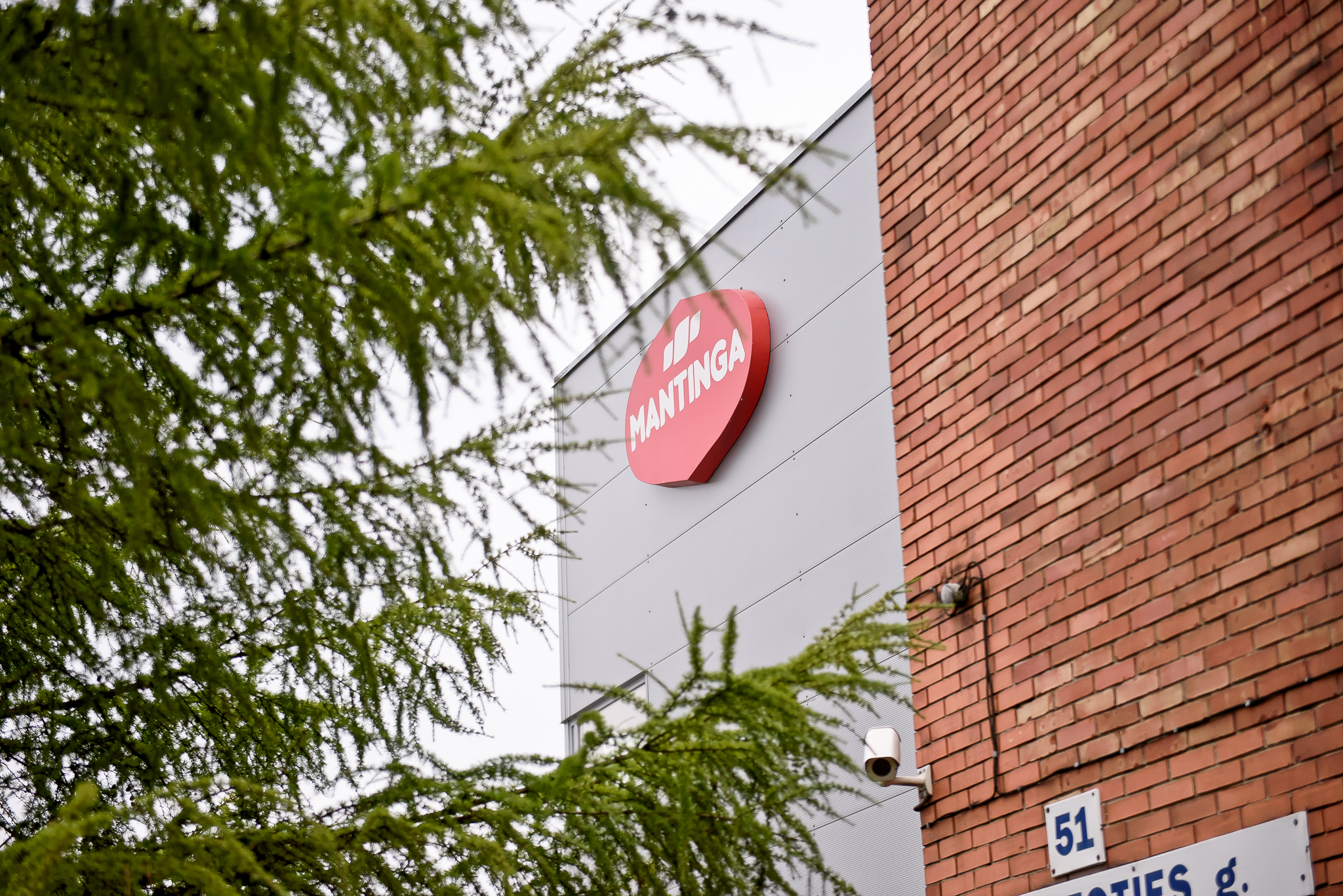January 31, 2023

Currently, there are about 300 groups of manufacturing companies in different fields operating in Lithuania, many of them are just taking the first steps towards sustainability. In accordance with the European Union (EU) Sustainability Information Disclosure Directive, from 2026 some of these companies will be required to submit annual reports disclosing financial and non-financial sustainability goals.
“One of the main challenges for companies is data related to sustainability: their collection, structuring and processing. The transition period before reporting obligations can be used by purposefully working on the formation of the information collection and processing process,” says Rūta Grigaliūnaitė, Sustainable Development Consultant of “Vesta Consulting”.
Interested in energy efficiency
Manufacturing companies are usually asked questions related to the field of environmental protection - pollution reduction, wastewater treatment or waste management, selection of more sustainable packaging and recycling. For this reason, investments intended for sustainability are often directed specifically to environmental impacts, as well as to solutions for the use of energy and other resources.
According to the interviewee, the return on investments in sustainability is not always quick – it can take 5 or more years, but this does not deter companies.
Sustainability, which has become the company’s DNA
“Mantinga”, the largest producer of bread, snacks and frozen products in the Baltic States, operating in Marijampolė, has been implementing sustainability principles in production since 2015, when the company’s third, most modern factory was opened.
“In our factories, we use only green electricity from renewable sources, we continue to implement other innovative solutions. For example, heating, ventilation and air conditioning systems collect energy released by production facilities and use it to heat buildings. We are currently implementing a special system, the so-called energy twin, which will allow us to further reduce the natural resources used in production – water, gas and electricity. We have set a goal to reduce these resources by at least 10 % by 2028,” says Domantė Lubytė, Sustainability Project Manager of “Mantinga”.
According to her, the waste generated during production is also cleverly used: bio-waste is used for biogas production, and used oil is used for biofuels.
“Such solutions allow not only to reduce production costs, but also to achieve the goals of the circular economy – to maximize the use of available resources and raw materials. We have also successfully adopted more sustainable packaging – 80% of the packaging we use is recyclable and made from certified raw materials”, says D. Lubytė.
Investments – not only in environmental protection
According to the representative of “Vesta Consulting”, it is not uncommon for manufacturing companies to invest more cautiously in those sustainability solutions whose financial returns are not directly measurable or are much more difficult to implement.
D. Lubytė also agrees with her – the manufacturing company’s investments in sustainability do not only cover environmental issues.
“We have set 24 goals in the sustainability strategy, which is currently being completed, which include not only the responsible selection of raw materials, but also management aspects, employee well-being and other sustainability aspects. We are encouraged to do this not only by the business environment or new EU requirements, but also by the realization that sustainability is important both for future generations and for ensuring the competitiveness of the business itself,” says the Sustainability Project Manager of “Mantinga”.